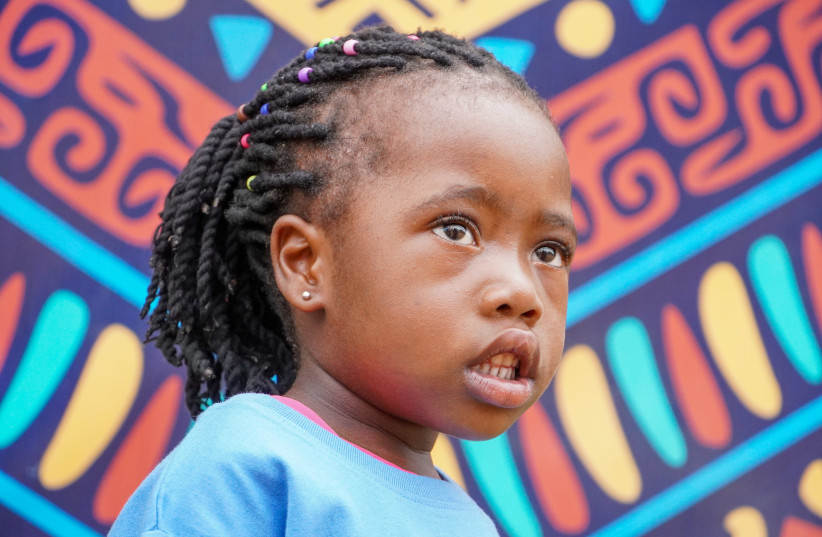As we mark the 30th anniversary of the Rwandan genocide, a stark testament to the catastrophic outcomes of unchecked incitement and division, we’re reminded of the urgent need for remembrance and the lessons it brings to contemporary tragedies, such as the October 7 atrocities.
The Rwandan genocide, unique in its horrific scale and speed, resulted in the loss of between 800,000 to one million lives, in just 100 days. This dark chapter in human history serves as a profound reminder of the consequences of hate, emphasizing the critical need for education and mechanisms to prevent such incitement.
In my work with ISRAEL-is, an NGO committed to pioneering commemorative methods for the October 7 events, we’ve seen, firsthand, the importance of storytelling in healing and peacemaking. Both the Rwandan genocide and the October 7, 2023, atrocities by Hamas and some Gazans underscore the destructive capacity of incitement.
Such episodes of mass violence highlight the lethal outcomes of hate and the necessity of confronting and dismantling the narratives that fuel such animosity.
Notably, discussions around Gaza ceasefire resolutions and negotiations between Hamas and Israel have consistently overlooked one critical factor: the need to halt incitement. This omission underscores the complexity of achieving peace and the challenges in addressing conflicts’ root causes.

My journey through Rwanda, highlighted in an article in The Jerusalem Post in November 2022, was a poignant reminder of the nation’s resilience and commitment to unity through conservation efforts.
The Rwanda Development Board’s invitation to witness the Kwita Izina ceremony – a vibrant celebration dedicated to naming baby gorillas, symbolizing Rwanda’s dedication to sustainable tourism and environmental conservation – against the backdrop of Rwanda’s recovery, illustrated the nation’s remarkable transformation through unity and a profound connection to nature.
Rwanda-Israel solidarity
The solidarity between the Rwandan and Israeli peoples, born from the aftermath of their respective tragedies, showcases the universal capacity for resilience and solidarity amid shared suffering. This bond underscores the potential for healing and reconciliation through collective memory and the preservation of human dignity.
Effective commemoration involves multifaceted approaches, including education, public ceremonies, and personal narratives that humanize victims and survivors. At ISRAEL-is, our goal is to elevate these stories, fostering a culture of empathy and understanding. By prioritizing the personal over the political, we strive to create a deeper connection to the tragedies, emphasizing the significance of every human story.
As we look ahead, our commitment to combating hate remains steadfast. Learning from the past, we aim to forge a future where such events are remembered and serve as catalysts for positive change, ensuring history’s darkest chapters are not repeated. My aspiration to collaborate with the Genocide Museum in Kigali and engage with government officials, influencers, and educational leaders highlights the importance of sharing knowledge and learning from each other. This collaboration is essential for educating future generations, ensuring that the stories of resilience and unity are passed down, transcending boundaries and time.
In embracing shared humanity and collective memory, we honor those lost to atrocities while reaffirming our dedication to a world where understanding and empathy prevail over division and hate.
Remembering and learning from our shared histories paves the way toward a more compassionate and united future.
The writer is ISRAEL-is foreign affairs manager.
